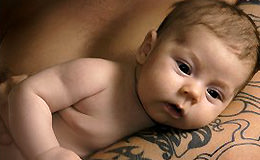Most people, even those who are incarcerated, have inherently good values.
Our programs speak to those pro-social values and the desire to “do the right thing.”
Cognitive-behavioral programs need to be combined with caring, understanding, healing and forgiveness. . .
Change is possible, but does not occur without hope.
What we do represents that hope
Strengths-Based
We believe in a strengths-based approach for everything that we do. Most individuals possess the abilities and inner resources to cope effectively with challenges in life. Our goal is to help individuals achieve a sense of personal responsibility and productiveness. We want individuals to rediscover their abilities through appropriate interventions and become self-directed toward positive outcomes. People who have lost hope need others who care to guide them out of despair.
Family-Centered

We also believe in the importance of family and surrogate family/friends, who are the best allies in the creation of positive change for men and women who are incarcerated.
We believe in the importance of contact and communication between men and women who are incarcerated and their family and friends. Research shows that maintaining and strengthening an inmate’s family and community relationships helps reduce recidivism (the number of former inmates returning to prison).
Frequent visits from family members can help alleviate anxiety and stress which can lead to anti-social behavior while in prison. At the same time, studies have substantiated that maintaining a child-parent relationship during a parent's incarceration has a positive impact on a child's emotional development, school adjustment, and behavior.